Buying and Exporting Ores, Slag and Ash from Burundi
Buying and Exporting Ores, Slag and Ash from Burundi
The mining sector is responsible for one of the largest shares of Burundi’s exports and provides almost 25% of the country’s gross domestic product. The mining industry in Burundi, however, has been struggling since the end of 2014 due to falling ore prices, which led to a sharp reduction in production and export volumes. The following article offers an insight into buying and selling ores, slag and ash from Burundi as well as related legal aspects. It is based on the manufacturer’s response to “The Manufacturer” newsletter article ‘Buyer – Seller Profile: Minerals & Ores Manufacturing’ published by Business Monitor International (BMI), a market research firm that specialises in manufacturers.
Buying and selling of ores, slag and ash in Burundi
Irrespective of whether you are buying or selling ores, slag or ash in Burundi, you will need to sign a contract. This will stipulate the agreed volume of product, price, payment terms and other important aspects. When buying ores, slag or ash, a manufacturer will draw up a contract to confirm the volume of product to be supplied, the quality and the price per tonne. The price will be based on the manufacturer’s preferred “delivered” price, freight, insurance and other relevant costs. The volume will be based on the manufacturer’s production capacity and the desired stock levels. When selling ores, slag or ash, a manufacturer will also draw up a contract to confirm the agreed volume and price per tonne.
Importing of raw materials and export of end products
When importing raw materials (ores, slag or ash) that will be processed into an end product (metal, alloy, mineral or chemical), the importer will have to import these products under the “Free Trade Zone” or “Exempted from Import Duty” categories. There are, however, certain exceptions to the above. When the importer exports the processed end product, he will have to declare it as “Manufactured Goods” and pay import duties as per the prevailing rates. The importer of ores or minerals will have to pay Value Added Tax (VAT) on the processed or manufactured end product as per the prevailing rate.
Export tax on ore and metals in Burundi
Exporters of iron, copper and cobalt ores, nickel, ferronickel, gold, silver, lead, manganese and chromium will have to pay a “Sur Tax” on the export of these ores and metals. The rate of this tax is currently set at 10%. The “Sur Tax” is a tax on the difference between the “Price Fixe” and the “CIF” value of the ores and metals. The “Price Fixe” represents the value of the ores and metals in the country of production. The “CIF” value, on the other hand, represents the value of the product when imported into the country.
Customs duties when importing or exporting ores, slag and ash in Burundi
Burundi’s customs laws do not discriminate between raw materials and manufactured goods. This means that importers and exporters are subject to the same customs duties, irrespective of whether they are importing or exporting raw materials or manufactured goods. When importing ores, minerals or slag, the importer will have to pay the following customs duties: – Import Duty: 10% – Import VAT: 10% – Import Packing Fee: up to 5% – Import Processing Fee: up to 10% When exporting ores, minerals or slag, the exporter will have to pay the following customs duties: – Export Duty: 10% – Export VAT: 10% – Export Packing Fee: up to 5% – Export Processing Fee: up to 10%
Conclusion
Significant investments are being made in the mining industry, and there are several investment opportunities for global investors. The mining industry will continue to be an important part of Burundi’s economy, and the country will therefore remain an attractive destination for mining companies. Future growth in the mining sector will, however, depend on the country’s ability to manage environmental concerns and remain competitive in the global market. It will also depend on Burundi’s ability to reduce production costs, which will require sustained investment in the country’s mining sector.


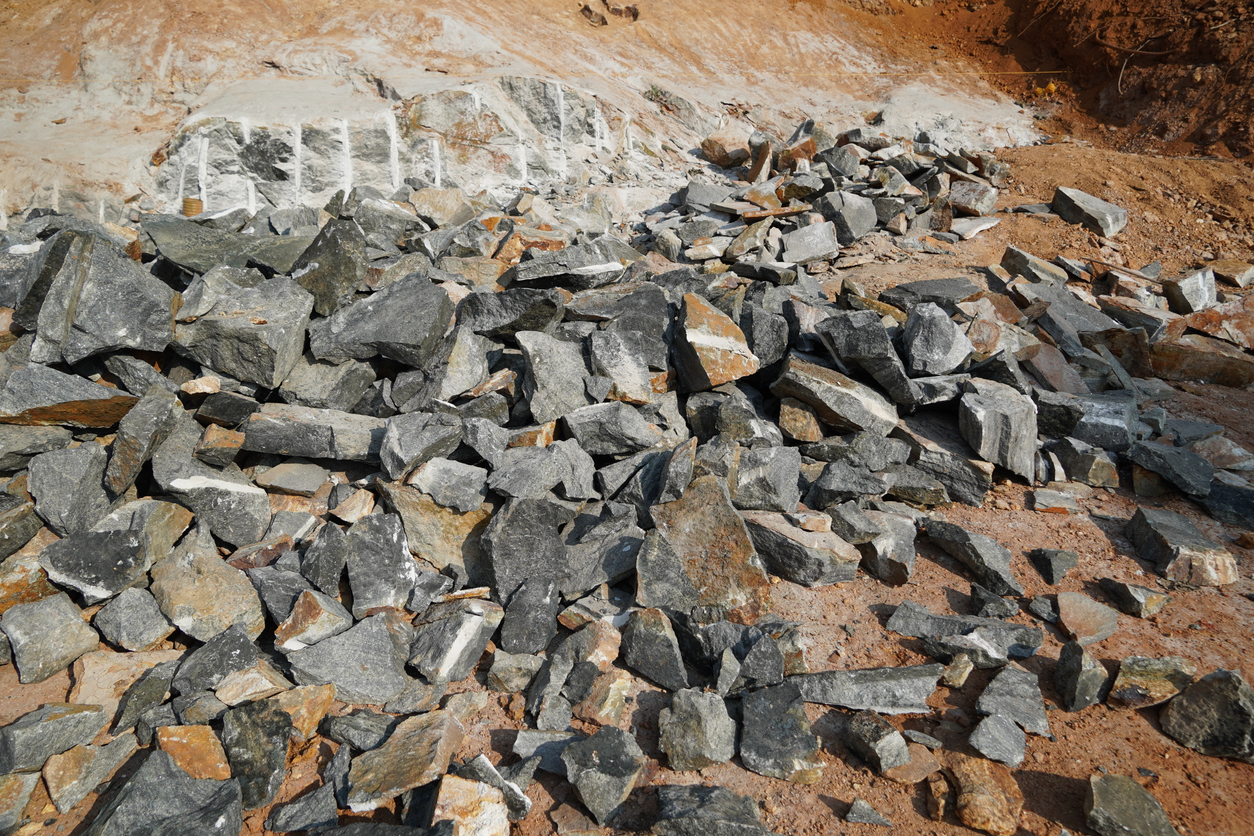
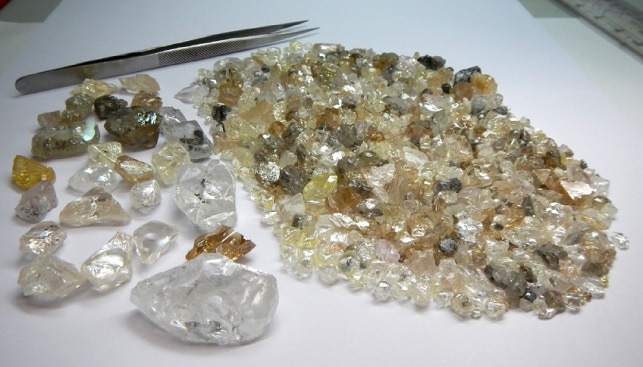
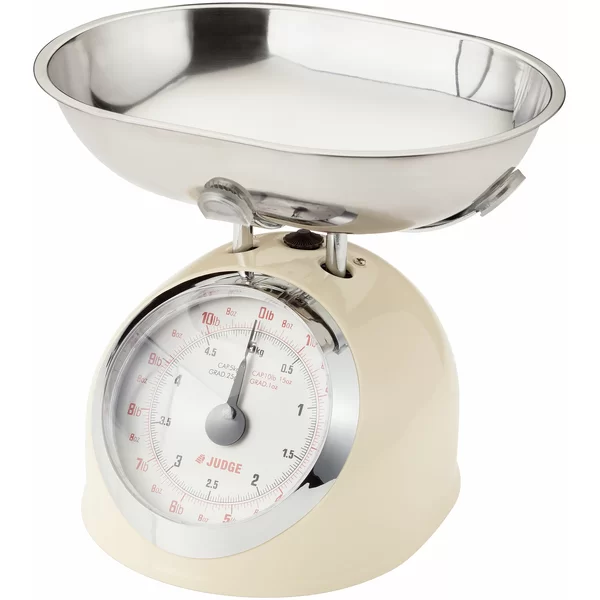
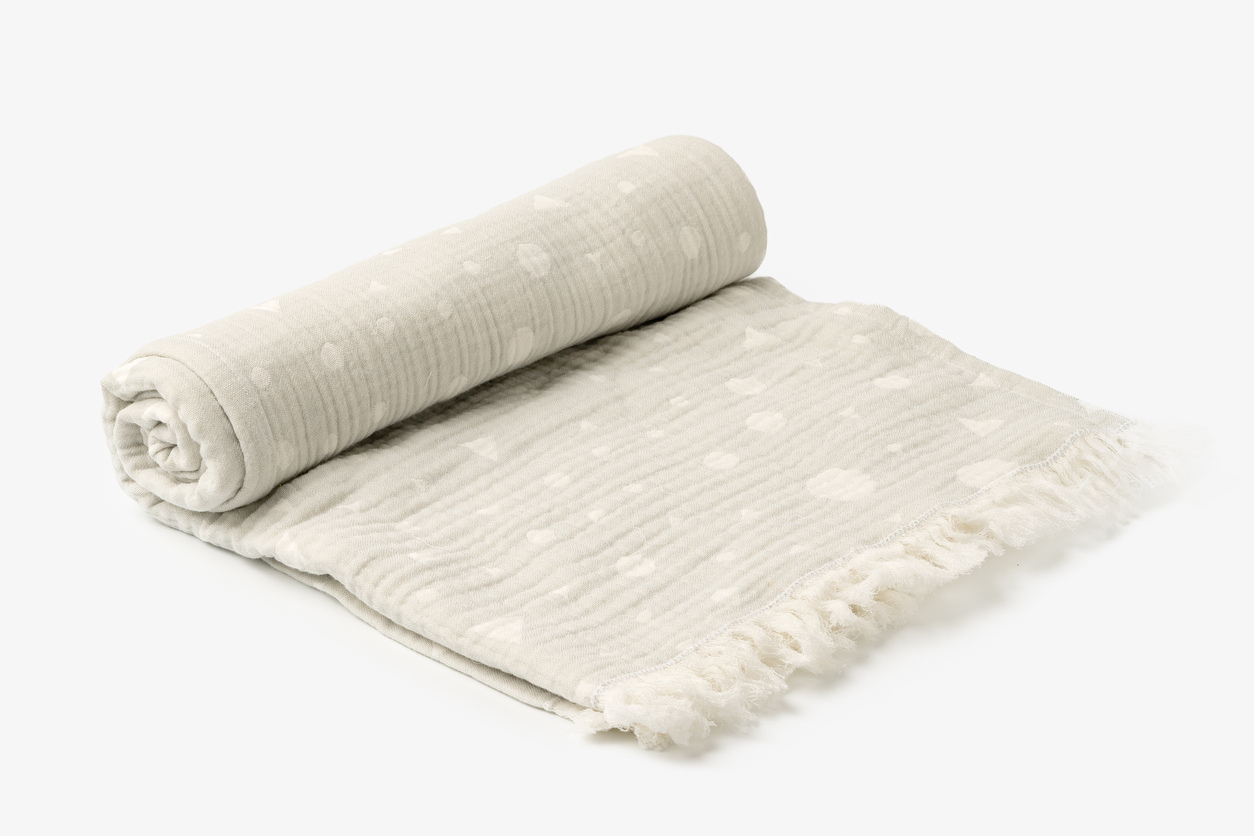
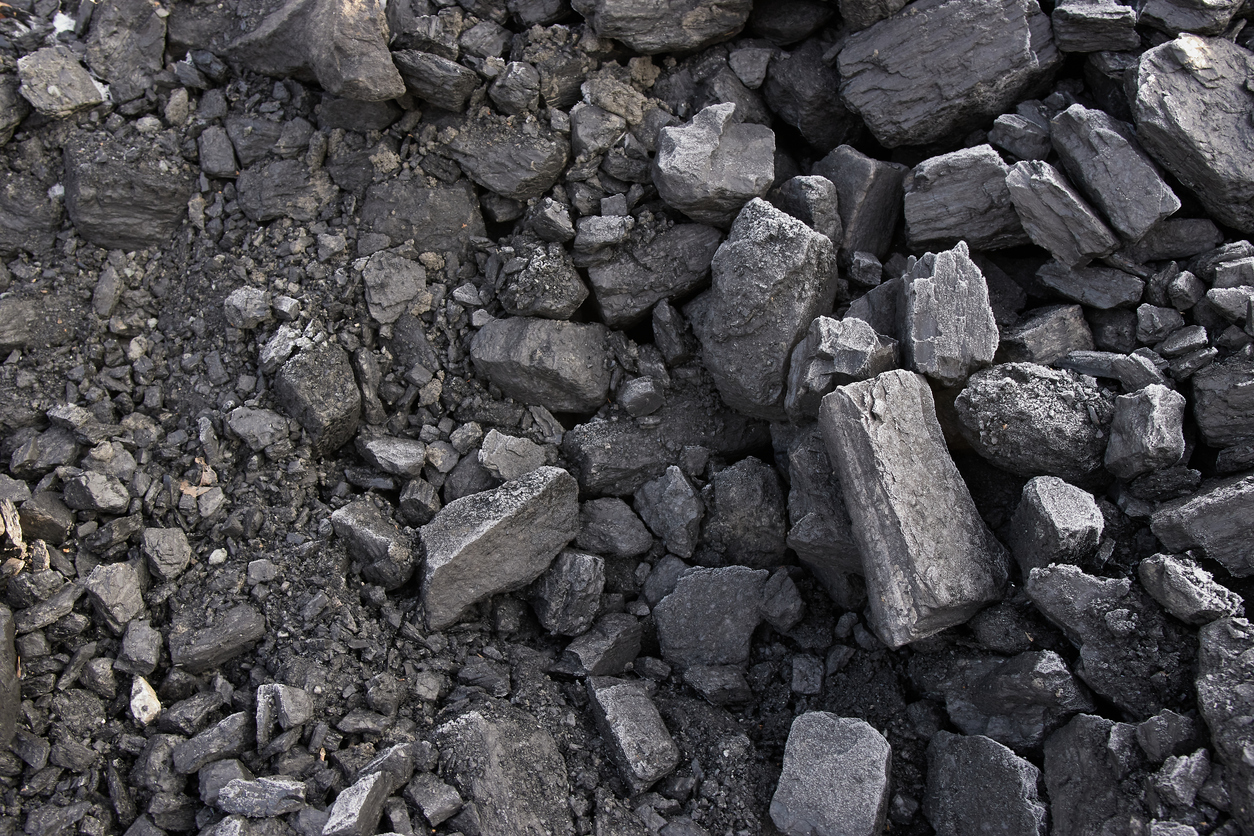
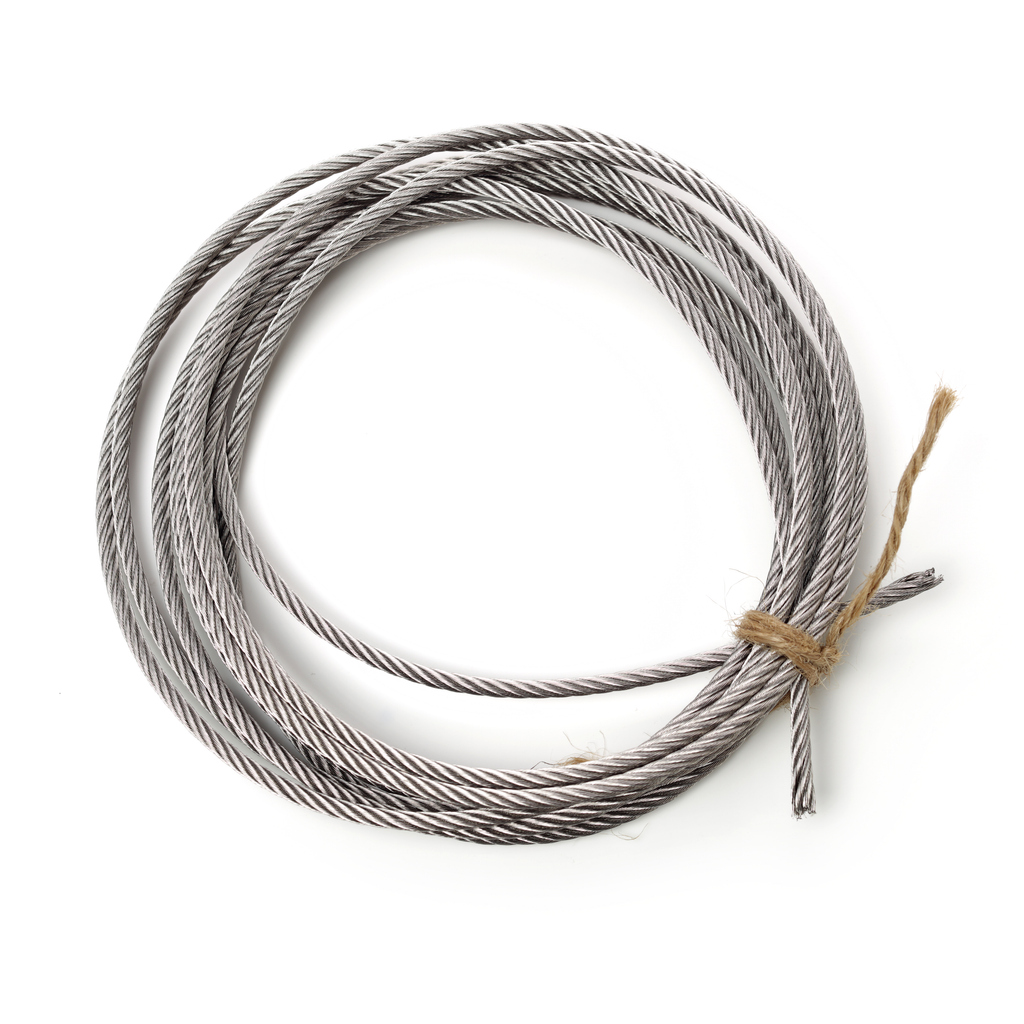
LEAVE A COMMENT
You must be logged in to post a comment.